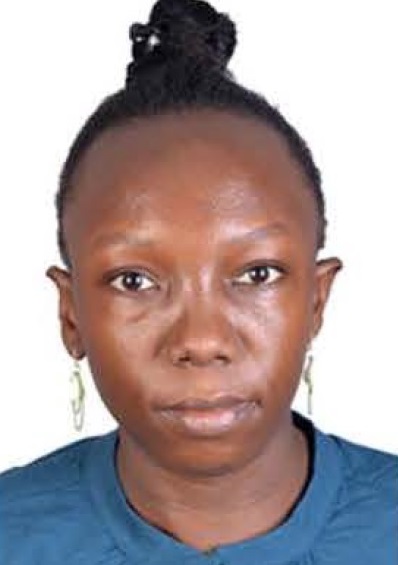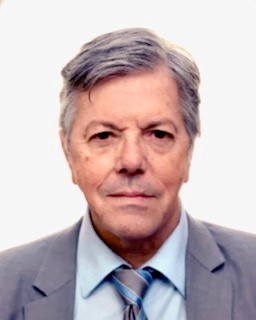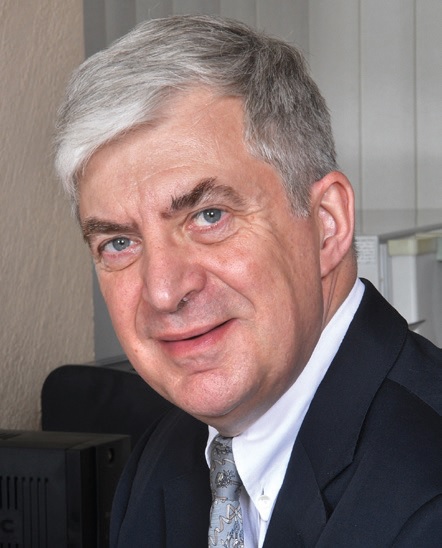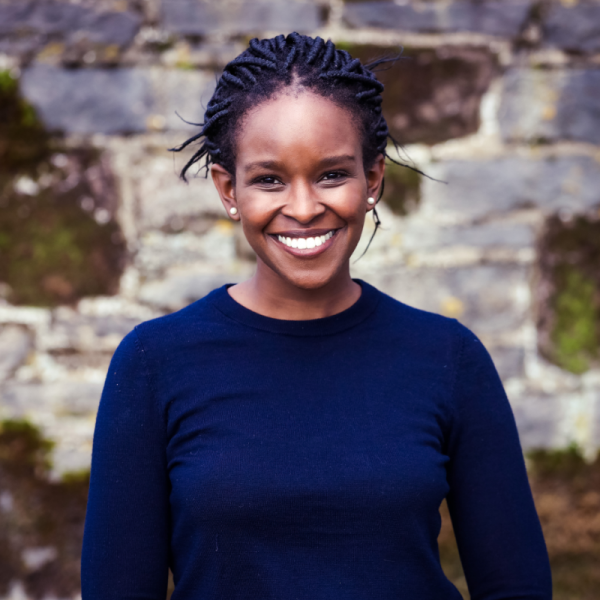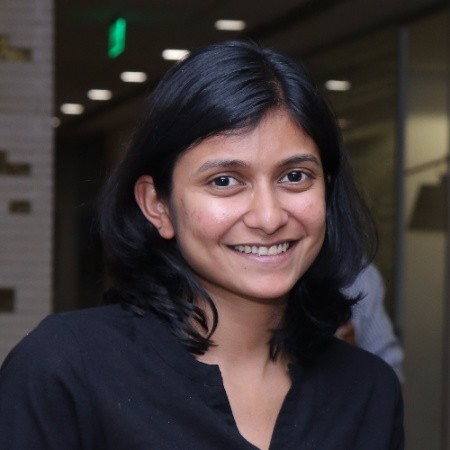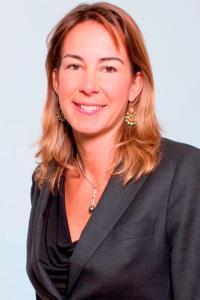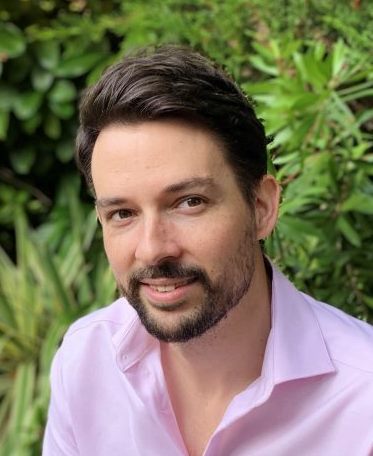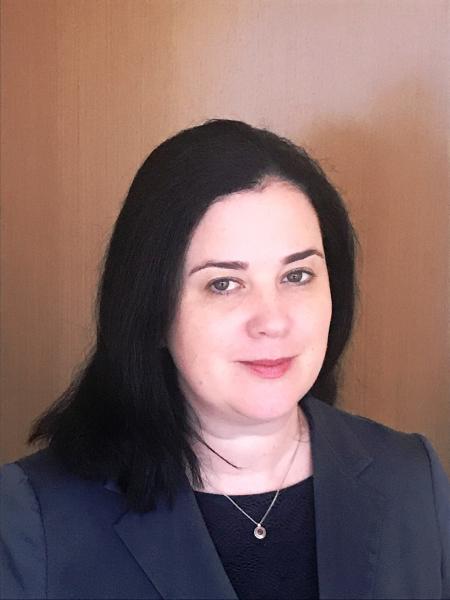|
|
Esther Leah Achandi has over eight years of research experience in Eastern Africa covering the countries of Burundi, Ethiopia, Madagascar, Rwanda, Tanzania and Uganda, with experience in agricultural value chains and technologies, gender and consumer food preferences. In Burundi, Achandi is currently engaged on a Harvard-WOTRO project, 'Empowering young women in Burundi in their sexual and reproductive health (SRHR)' and is also the knowledge sharing lead for three NOW-WOTRO SRHR funded projects. She has previously received the African Women in Agricultural Research and Development Fellowshop and is member of the International Union for the Schientific Study of Population panel on Population, Poverty and Inequality She holds a PhD in economics from the University of Dar es Salaam. |
|
|
Franco Conzato, an Italian national, is currently Senior Expert and Deputy Head of Unit in the Directorate General for International Partnership of the European Commission. Franco served as Economic Advisor in the EU Delegations in Somalia, Ghana and Ethiopia from 1988 till 2000. He was Country Economist at the Commission Macroeconomics and Budget Support Unit and from 2004 served as Representative of the EU in the Development Assistance Committee of the OECD of which he become Vice –Chairman in 2009. Since 2010, he held different positions in Commissions HQs in Brussels working on programming, monitoring, evaluation and result reporting. He hold a University Degree in Political Science with a major in Economics from Padua University (Italy) and a Master Degree in Banking and Finance for Development from a pull of Milan-based Universities. |
|
|
Pierre Jacquet is the fourth president of the Global Development Network (GDN). Formerly chief economist of the French Development Agency (AFD) between 2002 and 2012, he also served as the executive director in charge of strategy from 2002 to 2010. Preceding AFD, he was deputy director of the French Institute on International Relations (IFRI), where he was responsible for the economic program and was chief editor of IFRI's quarterly review Politique Etrangère. From 1994 to 2012, Pierre Jacquet was president of the Department of Economic and Social Sciences and professor of International Economics at the Ecole nationale des Ponts et Chaussées, a renowned French graduate engineering school. He has also lectured in various business schools and universities such as INSEAD, Sciences-Po, the Paris School of Economics (PSE) and Ecole nationale d’ Administration (ENA). |
|
|
|
|
|
Emmanuel (Manny) Jimenez is Senior Fellow and former Executive Director of the International Initiative on Impact Evaluation (3ie). He came to 3ie early in 2015 after many years at the World Bank Group where he provided technical expertise and strategic leadership in a number of research and operational positions including as director of the bank’s operational program in human development in its Asia regions from 2000-2012. Before joining the bank, Dr Jimenez was on the economics faculty at the University of Western Ontario in London, Canada. He received his Ph.D. from Brown University. |
|
|
|
|
|
Wambui Kamande is currently the Head of Data Science at Ajua, the Integrated Customer Experience Platform. In this role, he leads a team that provides data support for various product streams and develops new products to drive consumer understanding through advanced analytics and machine learning. He is also a Data Science curriculum consultant with Moringa School, where after helping develop the curriculum, he now helps to continuously improve and align to the changing African data science dynamics. Kamande previously worked at Nielsen as a Data Science Associate for East Africa. He supported the Commercial team to deliver Quality Retail Data to clients and delivered technical consultancy on Data Science related retail audit queries across FMCG categories. He was also part of the Data Science Global Emerging Leaders program. He holds a Masters’ degree in Statistics and a Masters’ degree in Computational Intelligence from The University of Nairobi. He has published papers on understanding the consumption and viewing habits of the Kenyan consumer and locally available data in peer reviewed journals and presented at various conferences in Africa. He is also NPS certified and facilitates Integrated CX masterclasses in Africa. |
|
|
|
|
|
Sonia Kuguru is Senior Associate and Climate Lead at 60 dcibels. Sonia has led and contributed to more 100 Lean Data projects, supporting social enterprises in over 20 African countries with the data and insights to improve their business and social impact. Sonia has worked on projects in Agriculture, Climate Resilience, Energy, Gender, Health, Housing, and Governance. She leads 60dB's Climate Resilience, supporting social enterprises in the Agriculture space with insights on how to best support their farmers to manage climate change. Prior to 60 Decibels, Sonia worked at Acumen, was the Presidential Fellow at Wake Forest University, and worked at the Africa Centre for Open Governance. She holds a BA in Politics, International Affairs, and Religion from Wake Forest. |
|
|
|
|
|
Aishwarya Kumar is research lead at Busara Center for Behavioral Economics, where she leads a lab team with project planning and expanding academic engagements. She has worked in development and experimental economics research across research topics of financial inclusion, behavioral economics, and energy and environmental economics. She holds a Masters in Public Administration from New York University. |
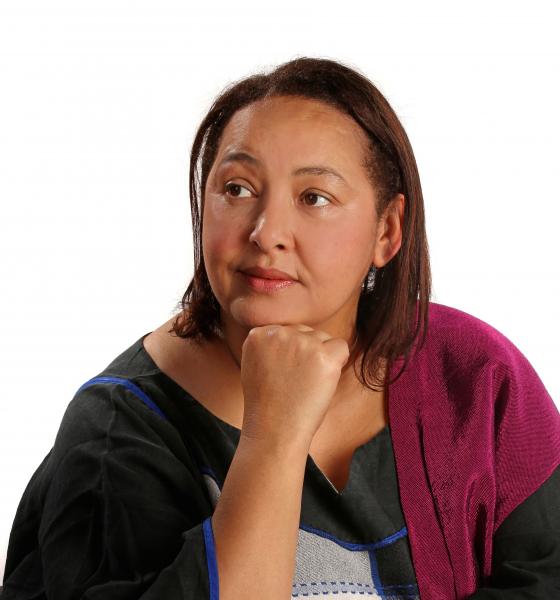 |
Frannie Léautier, Senior Partner at SouthBridge Group and CEO of SouthBridge Investments has long-standing global experience leading and transforming organisations in the private, public and non-for-profit spheres. She was Vice Chair of the Board, before becoming first Chief Operating Officer and leading the Asset Management business of TDB Group; has had an illustrious career at the World Bank Group (WBG), including Chief of Staff to the President, and Vice-President; and was Senior Vice President at the AfDB. Léautier founded two companies, is member of the WEF’s Regional Advisory Group for Africa, and is on boards of UN Foundation, Orca Energy, AZA Finance, Norsad Finance, ODI, LEMO, Institute for Security Studies (ISS), and previously ARC Ltd, AERC, Uongozi Institute, and Nelson Mandela Institute for Science and Technology. She has authored several books and articles and lectured at Sciences Po, MIT, Harvard, and University of Tokyo. She holds a Masters of Science in Transportation, and a PhD in Infrastructure Systems from MIT; a doctorate in Humane Letters from North Central College; and a doctorate in Law from Lancaster University, honoris causa. She is a member of the WRI Ross Prize and on the advisory board of WRI. |
|
|
|
|
|
Arianna Legovini built and leads the Development Impact Evaluation (DIME) group of the World Bank. The purpose of this unit is to use research to improve development practice and policy outcomes. Since joining the Bank in 2004, she has worked to understand and develop the institutions (incentives and processes) required to engage researchers, operational staff and policymakers in improving the quality in the design and implementation of development projects. In 2004-2008, working with like-minded partners, the ideas were put in action with the creation of the Africa Impact Evaluation initiative and its programs in education, HIV, malaria, community development, agriculture and private sector. In 2009, she imported Africa-grown lessons, processes and programs into the global impact evaluation program. By 2013, with core funding from UK Aid, she designed i2i (impact evaluation to development impact) to support the expansion of the approach across many institutional partners and across under-evaluated sectors representing the majority of development aid, including infrastructure, fragility and conflict, public sector governance, and natural resource management sectors. |
|
|
|
|
|
Debora Revoltella is Director of the Economics Department of the European Investment Bank, which is in charge of the sovereign and financial sector rating models for the EIB as well as of providing financial sector expertise in EIB projects. It is also responsible for assessing the impact of EIB activities and the results generated by EIB financed projects. Her experience includes Adjunct Professor in Macroeconomics at Bocconi University, a research role at Banca Commerciale Italiana, Chief Economist for Central and Eastern Europe at UniCredit. Debora Revoltella is member of the Steering Committees of the Vienna Initiative and the CompNet, an alternate member of the Board of the Joint Vienna Institute and a member of the Boards of the SUERF and the Euro 50 Group. She holds a degree in Economics and a Master in Economics from Bocconi University as well as a PhD in Economics from the University of Ancona in Italy. |
|
|
|
|
|
Matt Ripley is a specialist advisor in impact management strategies and systems. He has an impressive track record in supporting investors and enterprises to improve their social outcomes, while simultaneously driving core business value.Matt leads on The Good Economy’s impact measurement services, working with clients to use impact data to drive improved decision-making and reporting. He has a specialist focus on SME funds and businesses. He also leads on our work in emerging and frontier markets. Matt has published influential papers, books and blogs for publications including the Stanford Social Innovation Review, covering areas including responsible investment, sustainable supply chains and stakeholder value. |
|
|
|
|
|
Emily Sinnott is Head of the Policy and Strategy Division in the Economics Department of the European Investment Bank (EIB). The Policy and Strategy Division has the role of assuring that the Department’s findings on economic research, and country and financial sector analyses feed into the EIB Group’s policy discussions, and its strategic and operational orientation. Prior to joining the EIB, Emily was Lead Economist at the World Bank, in charge of the lending and analysis for macroeconomic and policy, finance, private sector development and public sector reform for Argentina, Paraguay and Uruguay. Since joining the World Bank as a young professional in 2004, she worked in Europe, Latin American and South-East Asia, where her work focused on fiscal and growth themes, leading policy-based lending and country/regional flagship research. Emily has also worked on leave from the World Bank at the OECD Economics Department, in the European Central Bank and as an Overseas Development Institute Fellow in the Ministry of Finance of Guyana. Emily has a B.A. in Philosophy, Politics and Economics from Oxford University, a M.Sc. in Economics from Warwick University and a Ph.D. in Economics from the European University Institute. |
 |
Matthew Townshend is a development economist and a final-year economics PhD student at the University of Cape Town. He has worked at the South African National Treasury, the University of South Africa, and is currently economic consultant to development agencies such as the Agence Française de Developpement (AFD), the Deutsche Gesellschaft für lnternationale Zusammenarbeit (GIZ) and the United Nations Children's Fund. Townshend has conducted consulting projects in eight countries and primarily focuses on the design, costing, implementation, and monitoring of public policies and programs in middle-and low-income countries. His thesis develops an optimal road infrastructure investment policy for South Africa, with his transport economics studies extending to local and international consulting projects and the redevelopment of the University of South Africa's fourth year Transport Economics curriculum. |
|
|
|
|
|

